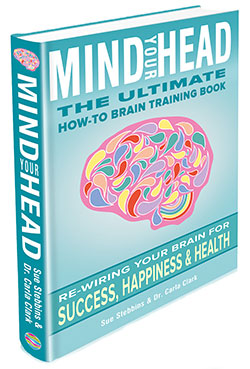THE ROLE OF THE IMAGINATION IN KANT'S THEORY OF EXPERIENCE
Wilfrid Sellars
Page 5
Source: http://www.ditext.com/sellars/ikte.html
V
46. Let me conclude with some remarks on Kant's concept of an intuition. Consider the statements
This is a pyramid
This pyramid is made of stone
The first has the explicit grammatical form of a sentence. So does the second. But notice that the grammatical form of a sentence is lurking in the subject of the second sentence. From the standpoint of transformational grammar we would think of it as derived from the deep structure.
This is a pyramid and it is made of stone
47. One might be tempted to think of "this" as a pure demonstrative having no other conceptual content than that involved in being a demonstrative. Kant does think of an act of intuition as a demonstrative thought, a Mentalese "this." However he does not think of this Mentalese demonstrative as a bare Mentalese "this." An example of an act of intuition would be the Mentalese counterpart of
This cube facing me edgewise.
where this is not to be understood as, so to speak, a Mentalese paraphrase of
This is a cube which faces me edgewise.
48. The role of an intuition is a basic and important one. It is the role of bringing a particular object before the mind for its consideration. Thus, though there is a close relationship between
This cube facing me edgewise . . .
and
This is a cube which faces me edgewise.
the former is an irreducible kind of representation. It is a demonstrative representation which has conceptual content and grammatical form. As noted above it contains the form and content of the judgment "This is a cube."
49. Thus for Kant intuitions are complex demonstrative thoughts which have implicit grammatical (and hence categorial) form.
50. However thin--as in the case of the child--the intuitive representation may be from the standpoint of the empirical concept involved, it nevertheless contains in embryo the concept of a physical object now, over there, interacting with other objects in a system which includes me. It embodies a proto-theory of a world which contains perceivers of objects in that world. (The reader should ponder A127-8.)
51. Kant emphasizes the difference between intuitions on the one hand and sensations and images on the other. He emphasizes that it is intuitions and not sensations or images which contain categorial form. When he speaks of synthesis in connection with perception, he has two things in mind:
(1) the construction of image-models
(2) the formation of intuitive representations (complex demonstratives)
There is also the synthesis which is the formation of the explicit judgment, thus
(3) (This cubical substance) is a piece of ice
52. Since intuitions have categorial form, we can find categorial form in them. In this sense we can arrive at categorial concepts by abstracting from experience--but only because experience contains intuitions which have categorical form. We cannot abstract the categories from sensations or images.
53. To sum up. Kant's categories are forms and functions of judgment. They are grammatical summa genera. From Kant's point of view, Aristotle's theory of categories was a failure because, failing to distinguish between intuition and image-model, his list of categories is haphazard (though guided obscurely by grammatical intuitions); and Aristotle confuses them with generic concepts of entities in the world. There is a legitimate place for a theory of such concepts. But it must be carefully distinguished from the grammar of thought.
We Make it Easy to Succeed
Successwaves, Intl.
Brain Based Accelerated Success Audios
 |






